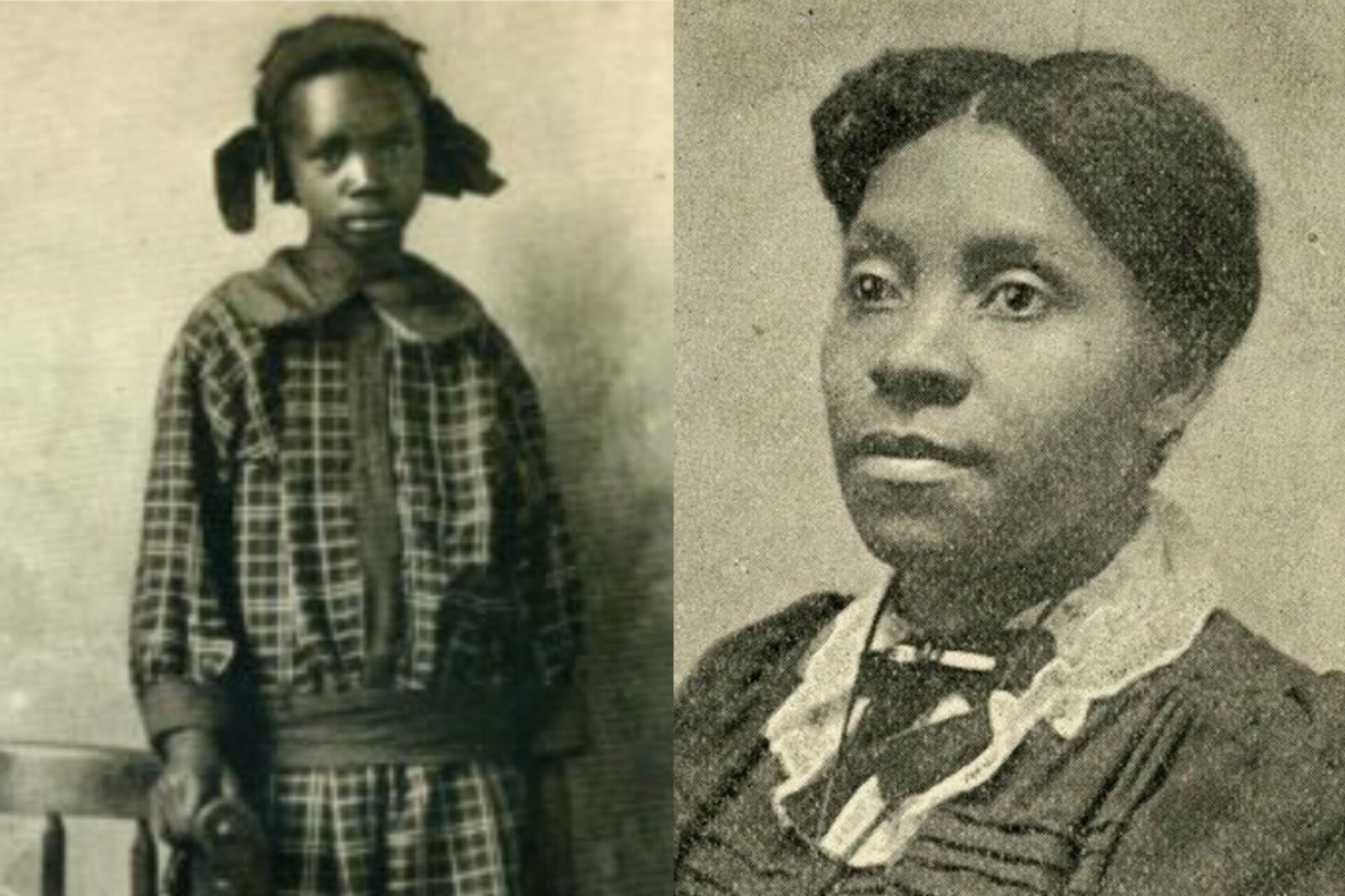
January 10, 2024
Sarah Rector: Hidden Oil Wealth Made The 11-Year-Old The ‘World’s Richest Negro Girl’ In The Early 1900s
Her family got 160 acres of land in Oklahoma in the early 1900s that hid an oil reserve. It would make her the richest Black girl in America.
When Sarah Rector’s family was granted 160 acres of dry, barren land in Oklahoma in the early 1900s, they assumed the property had little value. But unbeknownst to them, it hid an oil reserve that would make young Sarah the richest Black girl in America.
Under an 1866 treaty, Freedmen children like Rector — born in 1902 to parents who were Black descendants of the Muscogee Creek Nation — were given parcels of native land. Usually the land was considered undesirable, Business Insider reported. But that wasn’t the case for Rector, who received marriage proposals and loan requests despite still being a child when the oil reserve was discovered.
Headlines called her “the world’s richest Negro girl,” with a 1914 Washington Post article describing Rector as “an orphan, crude, Black, and uneducated” now worth millions, according to Business Insider. Like contemporaneous Osage Indians who acquired oil rights, Rector also faced threats. Some Freedmen children possessing oil wealth were even murdered.
Before the reserve was made known, Rector’s father deemed the $30 annual tax on the land not worth paying. As a result, he tried to sell it, unaware of the land’s rich secret. Luckily, the petition to sell was denied. In 1911, Rector’s father leased the land to Standard Oil to help cover costs. Two years later, an oil speculator struck a gusher that produced $300 of oil daily, which is more than $7,000 today.
Almost overnight, 11-year-old Rector gained staggering wealth, attracting curiosity and prejudice.
Under the law, Native and Freedmen minors with substantial assets needed white guardians. Rector’s parents chose their longtime benefactor, T.J. Porter, to fill this role. But when word spread, many suspected Porter was mishandling Rector’s money, prompting famous figures like W.E.B. Du Bois to investigate.
“Is it not possible to have her cared for in a decent manner and by people of her own race, instead of by a member of a race which would deny her and her kind the treatment accorded a good yard dog?” NAACP lawyer James C. Waters Jr. wrote Du Bois in 1914, according to Business Insider.
Ultimately the suspicions weren’t proven to be true. Rector went on to live comfortably, hosting lavish parties with celebrities.
Despite her early hardships, Rector left a legacy of generational wealth and resilience. She died in 1967 at age 65.
RELATED CONTENT: Attorney Fights For Black Farmers After Her Family’s Land Was Stolen